PNNL team develops onboard fuel separation technology to enable octane-on-demand for improved fuel economy
Green Car Congress
MAY 22, 2020
Researchers at the US Department of Energy’s Pacific Northwest National Laboratory (PNNL) have developed an onboard separation system that could support increased fuel economy and lower greenhouse gas emissions as part of an octane-on-demand fuel-delivery system. Unfortunately, these engines exacerbate engine knock.

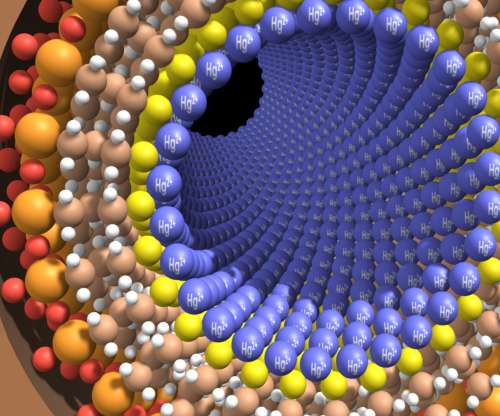




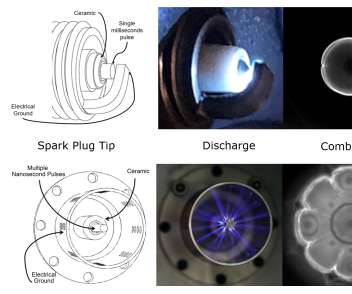



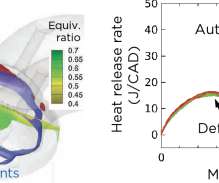
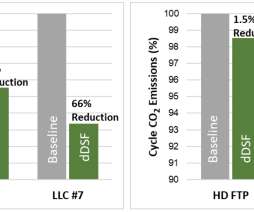






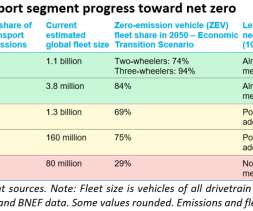



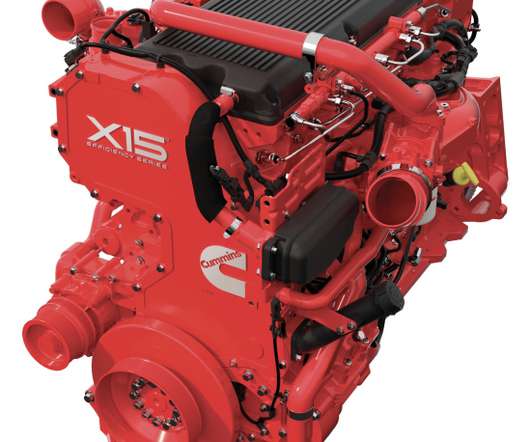


















Let's personalize your content